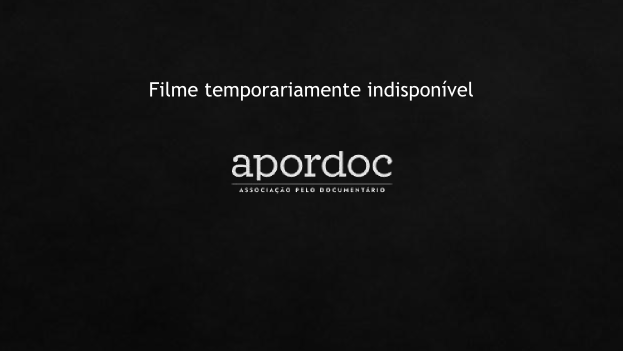
where might the wind rest ?
Realizador mohammad ali shirzadi
Países Norway
Duração 75 min
Sinopse
Seeking asylum has become one of the world’s major problems. Although it existed before the 1979 revolution in Iran, it had a considerable surge after that event. Following the 2009 presidential election and repressing the voters who protested the results, a new wave of asylum seekers to foreign countries erupted. The reasons behind this were insecurity for and repression of any dissident voice by means of threat and detention. Today, about seven million Iranians live outside Iran. In this film, six characters have been chosen who alongside the narrator are representative of different social classes: 1-A musician who had been detained and imprisoned for one year. 2-An ethnic identity seeker, imprisoned for seven years and whose tongue was partially cut during harsh investigation. 3-A student and civil society activist whose father was killed in the mass execution in 1987. 4-A young man who was born in prison while his parents were both imprisoned. After his parents were executed when he was two, he was handed over to his aunt to be taken care of. This young man was detained after the 2009 election and was imprisoned for two years. 5-A student who was expelled from university as a result of disclosing moral scandals of the disciplinary committee. 6-A journalist who was banned from writing as a result of criticizing and who was detained afterwards. 7-A narrator and a photographer, who was an actress in Iran. As a result of a circulation of a private video ascribed to her, she went through incessant moral investigation for one year. She was stigmatized by people as a result of this video. She meets all the aforementioned characters and listens to their stories. In the end, she sits in front of the camera and tells her story that touches upon a more general societal problem. Although the stories of these people is rooted in politics, my goal in this film was to distance myself from mere politics as I was interested in having a humanistic approach to their lives and telling their personal stories.
Seeking asylum has become one of the world’s major problems. Although it existed before the 1979 revolution in Iran, it had a considerable surge after that event. Following the 2009 presidential election and repressing the voters who protested the results, a new wave of asylum seekers to foreign countries erupted. The reasons behind this were insecurity for and repression of any dissident voice by means of threat and detention. Today, about seven million Iranians live outside Iran. In this film, six characters have been chosen who alongside the narrator are representative of different social classes: 1-A musician who had been detained and imprisoned for one year. 2-An ethnic identity seeker, imprisoned for seven years and whose tongue was partially cut during harsh investigation. 3-A student and civil society activist whose father was killed in the mass execution in 1987. 4-A young man who was born in prison while his parents were both imprisoned. After his parents were executed when he was two, he was handed over to his aunt to be taken care of. This young man was detained after the 2009 election and was imprisoned for two years. 5-A student who was expelled from university as a result of disclosing moral scandals of the disciplinary committee. 6-A journalist who was banned from writing as a result of criticizing and who was detained afterwards. 7-A narrator and a photographer, who was an actress in Iran. As a result of a circulation of a private video ascribed to her, she went through incessant moral investigation for one year. She was stigmatized by people as a result of this video. She meets all the aforementioned characters and listens to their stories. In the end, she sits in front of the camera and tells her story that touches upon a more general societal problem. Although the stories of these people is rooted in politics, my goal in this film was to distance myself from mere politics as I was interested in having a humanistic approach to their lives and telling their personal stories.